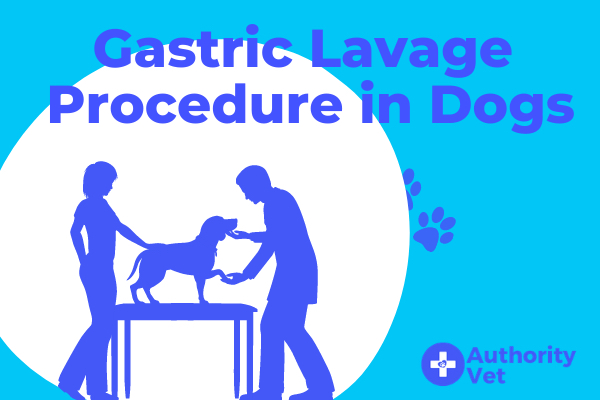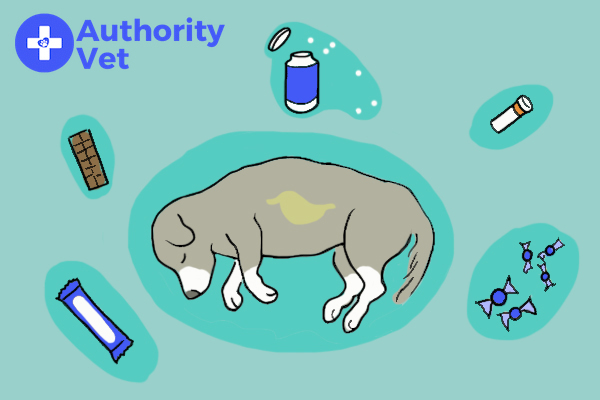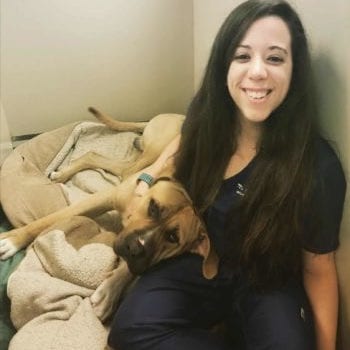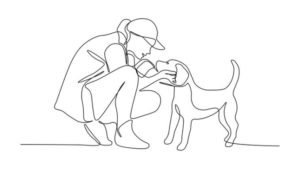Gastric lavage is an emergency procedure that involves removing contents from the stomach. This treatment is commonly referred to as “pumping the stomach” as fluids are pumped into the stomach and back out of the dog.
Gastric lavage is used when emesis, or vomiting, is unable to be performed; or when emesis is unsuccessful in removing the suspected toxin. Gastric lavage for dogs is highly effective at removing a toxin from the stomach before the body ingests the substance.
For this procedure, your dog will need to be anesthetized. To ensure your pet can handle gastric lavage safely, your Vet will complete an initial physical exam and will recommend blood work, a urinalysis, an x-ray and/or an ultrasound. These tests will allow for your dog to get the best care possible; the procedure is necessary and will ensure the treatment at hand goes smoothly. If your pet is found to have ingested a foreign object such as a toy, bone or stick, then gastric lavage is not indicated and surgery may be warranted.

Unconscious pets or ones that have ingested a large quantity of a toxic substance or in cases of gastric dilation volvus (twisted stomach) may benefit from a gastric lavage procedure.
So that pet owners know what goes on during a gastric lavage procedure, it is important to know the following information:

As stated previously, this procedure does require the patient to undergo anesthesia, which is the chief concern for most pet owners. Your pet may experience irritation in their mouth, throat and stomach from the various tubes needed for the gastric lavage. Gastric lavage also poses risk for respiratory effects such as aspiration pneumonia from the fluids being pumped in and out of the stomach or hypoxia (low oxygen levels) if the endotracheal tube (breathing tube) is not properly inflated or placed.
After the gastric lavage procedure has been completed, your pet will go home the same day or may stay overnight depending on if they are experiencing any adverse side effects from the toxin or anesthesia. Rest assure, this procedure is quite safe, and complications are very rare.To stave off the need for a gastric lavage procedure, always keep medications, hazardous food and other deadly toxins away from your pet to prevent accidental overdose or ingestion.

Nicole is a Licensed and Registered Veterinary Technician in Washington and California. She is the immediate past president of the Washington State Association of Veterinary Technicians and holds multiple advanced degrees in veterinary technology, psychology, and human health care management. She has worked in private and corporate settings. Nicole manages an ambulatory surgery practice based in the Puget Sound area of Washington. When not working in the clinic, Nicole is a frequent lecturer at various national and international conferences and meetings. She is also a tireless advocate for the appropriate use of regenerative therapies in veterinary medicine.
